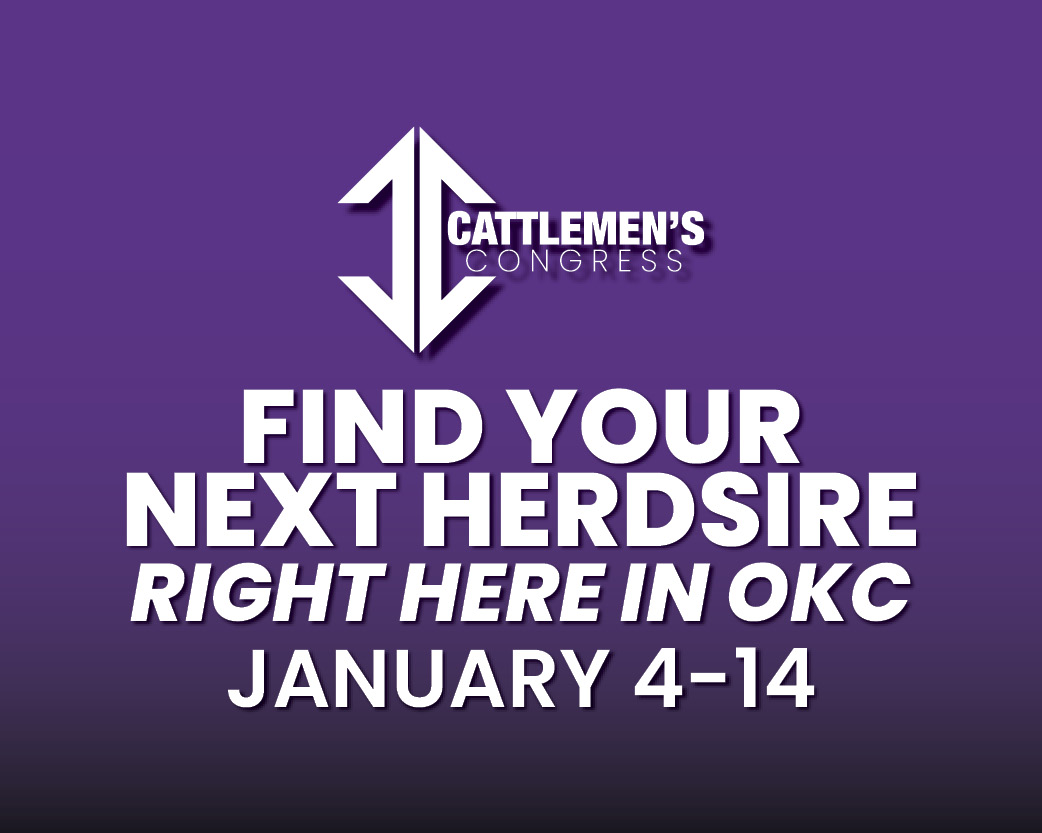
On Wednesday evening, the National Cattlemen’s Beef Association (NCBA) responded to the latest announcement that the U.S. Department of Agriculture (USDA) is again closing southern ports of entry to shipments of cattle due to the detection of New World screwworm in Veracruz, Mexico. USDA discovered this new case in northern Veracruz, indicating that screwworm has traveled 160 miles northward of the location where sterile flies are currently being dropped.
“A key part of USDA’s strategy for protecting American agriculture is continuously monitoring conditions on the ground,” said NCBA CEO Colin Woodall. “Secretary Rollins has been working to balance the economic needs of U.S. cattle producers who rely on imports while at the same time protecting the overall U.S. cattle herd. The New World screwworm’s northward movement jeopardizes the safety of American agriculture, which is why Secretary Rollins paused cattle movement again until we can push the screwworm further from our border.”
The screwworm detection in Veracruz is approximately 370 miles south of the U.S./Mexico border. Secretary of Agriculture Brooke Rollins has been continually evaluating the science and listening to USDA veterinary staff who assessed conditions in Mexico to make her determinations.
“Secretary Rollins has made significant gains holding Mexico accountable for their role in eradicating the New World screwworm. She successfully removed bureaucratic barriers to the screwworm sterile fly flights and increased surveillance in Mexico. Unfortunately, screwworm continues to move north through Mexico and it’s clear that the United States needs a sterile fly facility of our own here at home. We cannot wait any longer and we urge USDA to immediately begin work on a sterile fly facility,” Woodall added.
Earlier this year, USDA announced that Moore Air Base would be the site of a new sterile fly dispersal facility in south Texas. NCBA is now urging USDA to expedite the development of a sterile fly production facility as well to ensure that we can produce enough flies to safeguard the American cattle industry.
NCBA anticipates this situation will continue to evolve and we will monitor conditions, coordinate with stakeholders, and work with USDA to protect U.S. cattle farmers and ranchers.


















